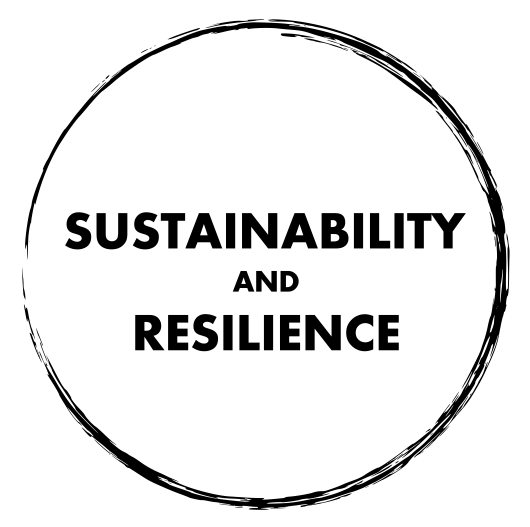By Kate Cheney and Brian Perkins
Lionfish in the Atlantic, the Caribbean Sea and the Gulf of Mexico have become an invasive, destructive force on the native ecosystems of these areas. With the growing numbers of lionfish in recent decades, humans have become the most crucial predator of these fish. Deemed ‘the ultimate sustainable seafood’, the lionfish has demanded that people adapt quickly to its now thorough infestation in the Western Atlantic region.
Reef Ecosystems in the West Atlantic
The greater area of the Western Atlantic, including the Gulf of Mexico and the Caribbean Sea, is one of the most densely and diversely populated marine regions in the world. These reefs are the native home to around 1200 species of fish and 50 species of reef-building corals.
Over thousands of years, the complicated ecosystems in these areas worked out a biodiverse balance. Our fisheries, economies, and way of life are reliant on these ecosystems staying in balance. The introduction of a new species disrupts the entire system, especially when that species is invasive.
Destructive Lionfish Invasion
A single lionfish can reduce the fish biomass on a reef by 80% in just one month, eating up to 20 fish in 30 minutes and up to ½ their body size. Lionfish are particularly adept at eating herbivore and juvenile fish in the reefs.
Herbivore or algae eating fish are important to keep corals from being smothered by algae growth. There are also some commercially important species of fish that use the reef structure as protection until they become large enough to survive in the open ocean. Lionfish consume them as fingerlings, thus harming not only the reef health but also the local economy.
The lionfish is drastically changing and disrupting the food chains holding the marine ecosystems together. As these chains are disrupted, declining densities of other fish populations are found, as well as declines in the overall diversity of coral reef areas.
Lionfish as a Sustainable Seafood
With no apparent limit to their population growth, other than water temperature, lionfish pose a huge threat to the fish stock of the western Atlantic Ocean. Lionfish are the ultimate sustainable seafood because they are an invasive species and we are trying to reduce their population. We can never ‘over harvest’ lionfish and the popular Monterrey Bay Aquarium Seafood Watch has listed lionfish as one of the ‘best choice’ sustainable seafood’s to eat.
Here are a few things you can do to help control the lionfish populations in the Atlantic:
Spread the word! Share educational lionfish-related articles and start conversations about the issue with others.
Eat lionfish! They are delicious and are a truly guilt-free fish. You can find lists of restaurants that serve lionfish online.
Donate to organizations that promote lionfish management and conservation.
If you snorkel or dive, get your own equipment and catch lionfish. Make sure you are comfortable with your diving skills, conditions, environment and know the safe lionfish hunting practices. Also, educate yourself on all local regulations on lionfish hunting.
What do you consider sustainable seafood?
Email us to share your thoughts!
SustainabilityPod @gmail.com
Sources
The Beautiful Depredator: a Story of Lionfish Invasion
Monterrey Bay Aquarium Seafood Watch
